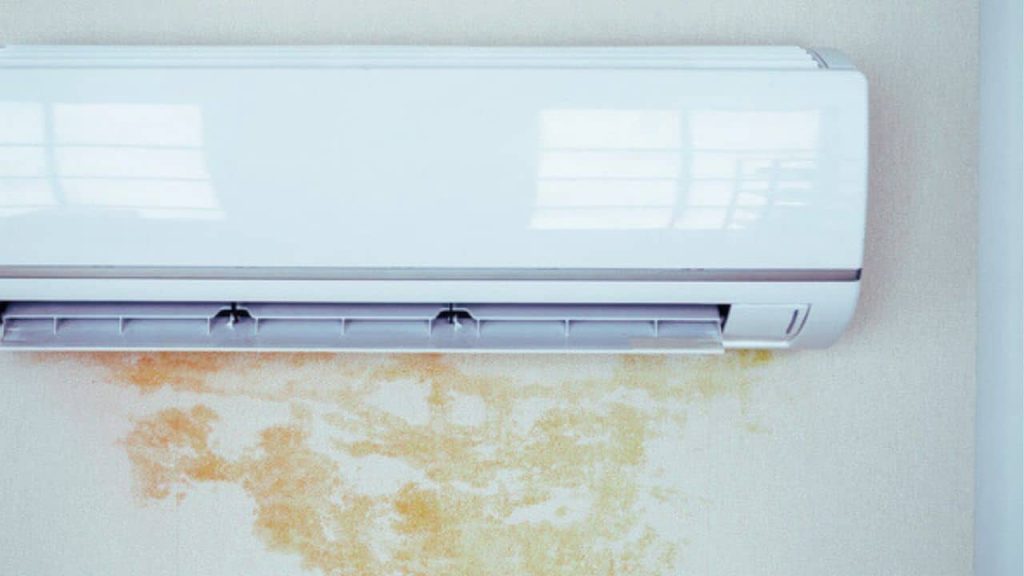Quebec, with its harsh winters and temperatures that can drop well below -20°C, relies heavily on heating systems. This reality poses significant challenges in terms of greenhouse gas (GHG) emissions. Indeed, according to the Ministry of the Environment and the Fight against Climate Change (MELCC), the residential sector accounts for about 12% of the province’s total GHG emissions, with a large portion coming from heating buildings. Therefore, the environmental impacts of heating systems are a major issue for the province, with considerable repercussions on the environment.
The majority of Quebec households still use heating systems powered by fuel oil, natural gas, or non-renewable electricity, thus contributing to carbon dioxide (CO₂) emissions and excessive resource consumption. Given Quebec’s ambitious climate goals — reducing emissions by 37.5% by 2030 and achieving carbon neutrality by 2050 — it is imperative to rethink our heating choices.
But how can we balance thermal comfort with environmental responsibility? What ecological alternatives exist for Quebec households? This article examines the current challenges and proposes concrete solutions for more environmentally friendly heating, while reducing the environmental impact of heating systems.
The environmental challenges posed by current heating systems
Heating homes is one of the most pressing environmental issues for Quebec. With particularly harsh winters, energy demand rises significantly, putting pressure on infrastructure and worsening the collective carbon footprint. Understanding the challenges posed by current heating systems is essential to identify viable solutions. The environmental impacts of heating systems are key factors to consider in this analysis.
The residential sector’s role in overall emissions
Residential heating in Quebec remains dominated by energy-intensive systems, particularly those using fossil fuels like fuel oil. Although hydroelectric power represents a significant portion of the province’s energy production, about 10% of homes still use fossil fuels for heating. Each year, this consumption generates thousands of tons of CO₂, worsening the collective carbon footprint. The environmental impacts of heating systems based on fossil fuels significantly contribute to air pollution and global warming.
Challenges of energy consumption in winter
Quebec winters are particularly energy-intensive. During periods of extreme cold, electricity demand soars, sometimes reaching critical levels for the grid. This increased pressure can lead to the use of backup thermal power plants, which are often more polluting. Additionally, homes equipped with gas or fuel oil systems consume more fuel to compensate for low temperatures, increasing local GHG emissions and fine particle pollution, thus amplifying the environmental impacts of heating systems.
These challenges affect not only the environment but also public health. Fine particles emitted by inefficient wood heating systems, for example, cause respiratory and cardiovascular problems, particularly in dense urban areas like Montreal or Quebec City.
Ecological heating systems: What alternatives for Quebec?
Quebec, with its long, harsh winters, must urgently turn to more ecological heating solutions to reduce its carbon footprint and the environmental impacts of heating systems. Many alternatives are available to Quebecers, ranging from proven technologies to more recent innovations. These solutions provide thermal comfort while respecting the environment, contributing to the province’s ambitious climate goals. Let’s examine some of these options, including dual-energy heating, an interesting hybrid solution in the Quebec context.
Heat pumps: Efficiency suited to the Quebec climate
Heat pumps (HP) are currently one of the most effective solutions for residential heating in Quebec. They capture heat from the outside air, even when it is very cold, and transfer it inside buildings. These systems consume up to three times less energy than conventional electric heaters, leading to substantial long-term savings.
- Advantages: High efficiency, low CO₂ emissions, compatible with Quebec subsidy programs.
- Challenges: High initial cost, variable performance depending on the model and extreme weather conditions.
Solar thermal systems: A complementary option
Solar thermal systems use solar energy to heat water, which can then be used to supply radiators or underfloor heating. Although their performance is optimal during sunnier months, they can complement other systems, such as pellet boilers or heat pumps, to meet energy needs during winter.
- Advantages: Utilizes a free and inexhaustible resource, reduces dependence on fossil fuels.
- Challenges: Requires backup heating during low sunlight periods.
Wood pellet boilers: A renewable alternative
Wood pellet boilers are an attractive solution for Quebec households looking to reduce their dependence on fossil fuels. These boilers use pellets made from forestry or agricultural residues, providing a renewable and less polluting heating source. These systems are more efficient than traditional wood stoves and produce little CO₂ if the pellets are certified.
- Advantages: Ecological and economical, especially in rural areas where wood is available.
- Challenges: Requires storage space for pellets, regular maintenance is essential.
Geothermal heating: A stable and reliable resource
Geothermal heating uses the earth’s thermal energy to heat a building. This system works year-round, providing both heating in winter and air conditioning in summer. Although the initial cost is high, its performance and durability make it a cost-effective long-term option, particularly for new constructions or major renovations.
- Advantages: Reduced energy consumption, low carbon footprint, consistent efficiency.
- Challenges: High installation cost, requires land for sensor installation.
Dual-energy heating: Flexibility based on needs
Dual-energy heating is a hybrid option that combines two energy sources to optimize performance and reduce environmental impact. For example, a dual-energy system can combine a heat pump with a wood pellet boiler. The system automatically switches between the two energy sources based on weather conditions and heating needs. During cold winter days, the pellet boiler can take over to ensure constant heating, while the heat pump operates efficiently during milder periods.
- Advantages: Flexibility, cost reduction based on energy availability.
- Challenges: Higher installation cost than single systems, requires maintenance of both devices.
By integrating these various technologies, Quebec households can meet their heating needs while reducing their carbon footprint. They can also diversify their energy sources for greater resilience and savings. Dual-energy heating, in particular, is a solution well-suited to the Quebec climate, offering flexibility to adapt to seasonal variations.
What are the best practices for reducing the environmental impact of heating systems?
Reducing the environmental impact of heating systems goes beyond choosing greener technologies. Simple and effective practices, such as better insulation or using smart thermostats, can transform your home into a model of sustainability.
Optimize Thermal Insulation: Prioritize Energy Efficiency
One of the most important steps to reduce a building’s energy consumption is to improve its insulation. A well-insulated home retains heat better, reducing heating needs. Attics, walls, and windows are often the weakest points in a house.
- Insulating the attic: Nearly 30% of heat loss occurs through the roof.
- High-performance windows: Triple-glazed windows provide optimal protection against the cold in Quebec.
Smart Consumption Management: The Benefits of Technology
Smart thermostats allow precise control of a home’s temperature. They take into account room occupancy and residents’ habits, avoiding unnecessary waste and reducing energy bills. Additionally, these devices can be connected to a mobile app for remote control.
- Custom programming: Adjust the temperature based on occupancy hours.
- Reducing heat loss: Maintain a constant temperature rather than experiencing sudden fluctuations.
Maintenance and Recycling: Extend the Lifespan of Existing Systems
Reducing the environmental impact of heating systems also involves regular maintenance, which improves energy efficiency. A poorly maintained boiler can consume up to 20% more energy than a well-tuned one. When replacing a system, recycling materials such as metals and electronic circuits is crucial.
- Annual check-ups: Ensure your system operates at full capacity.
- Opt for energy renovations: Replace old boilers with more efficient, certified models.
Conclusion: Building a More Sustainable Future Together
Reducing the environmental impact of heating systems is a necessity for Quebec. By adopting alternative solutions like heat pumps or dual-energy heating, you can optimize your energy efficiency and significantly reduce your greenhouse gas emissions. However, beyond technological choices, the transition relies on a collective commitment involving citizens, businesses, and public authorities.
Every action matters: better insulating your home, adopting smart consumption practices, and choosing renewable energy sources. Together, we have the power to transform our homes into sustainability models and contribute to a greener future for generations to come. So don’t hesitate to contact us.



